
The Net Delusion
The Dark Side of Internet Freedom
Published by Public Affairs, a member of the Perseus Group LLC
ISBN: 9781586488741
Pages: 432
Recommendation
Social studies scholar Evgeny Morozov may occasionally be cranky and stylistically conflicted, but his original arguments provide refreshing insights. He debunks nearly religious beliefs about the intrinsically positive power of the Internet and total information access. Morozov demonstrates how propagating this optimistic view of the web drowns out more subtle positions and keeps governmental and societal attention focused on less meaningful activities. getAbstract recommends this worthy polemic to those engaged in cyberculture, those trying to decipher cultural change, and those dedicated to understanding and promoting freer societies.
Summary
About the Author
Evgeny Morozov is a Schwartz Fellow at the New American Foundation and contributing editor for the Boston Review and Foreign Policy.








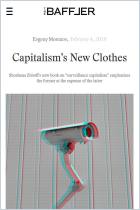
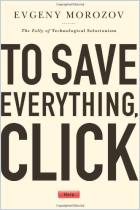


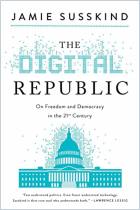
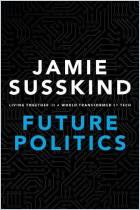

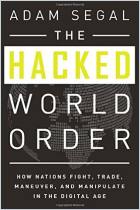

Comment on this summary or Démarrer une discussion